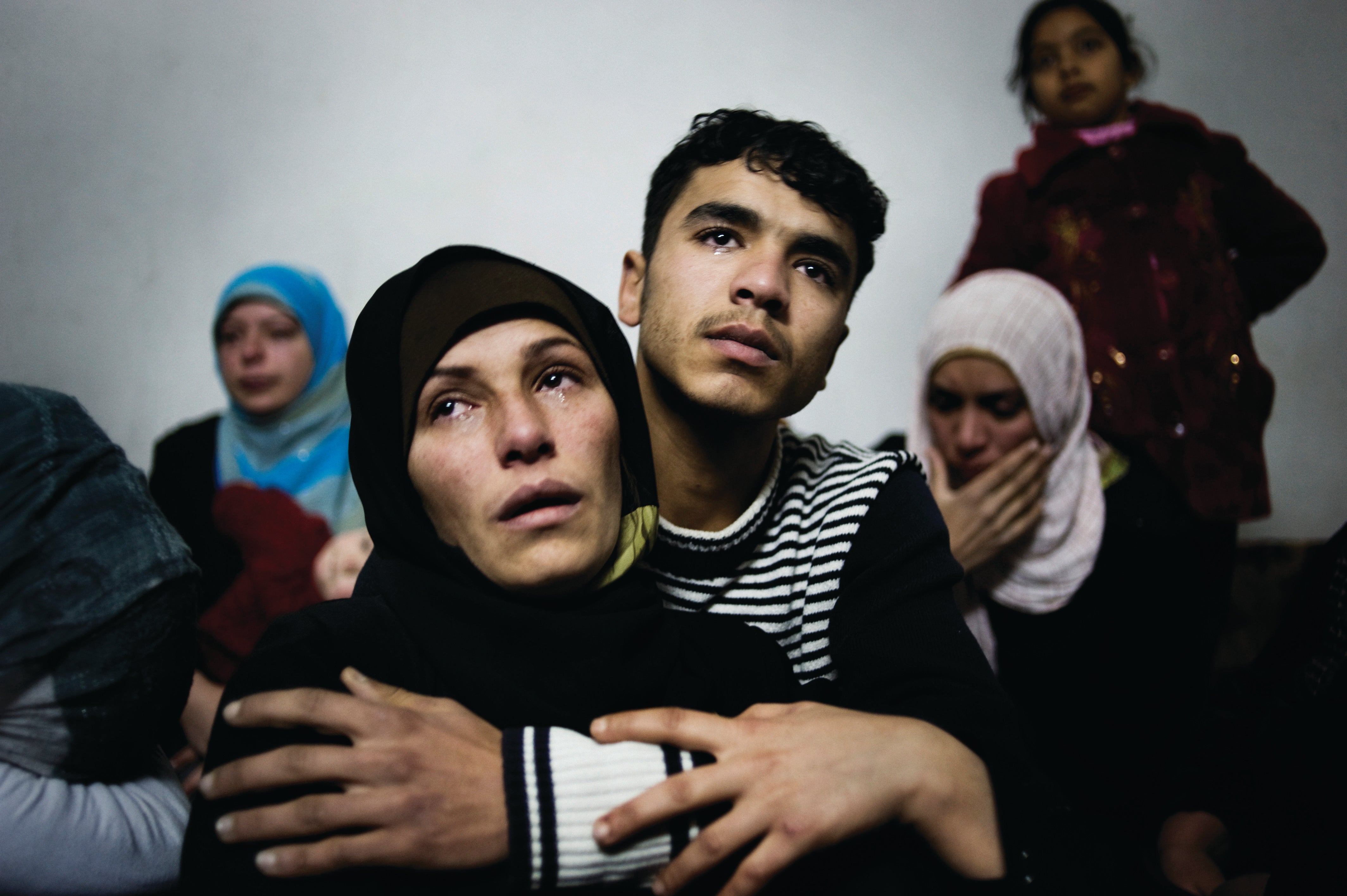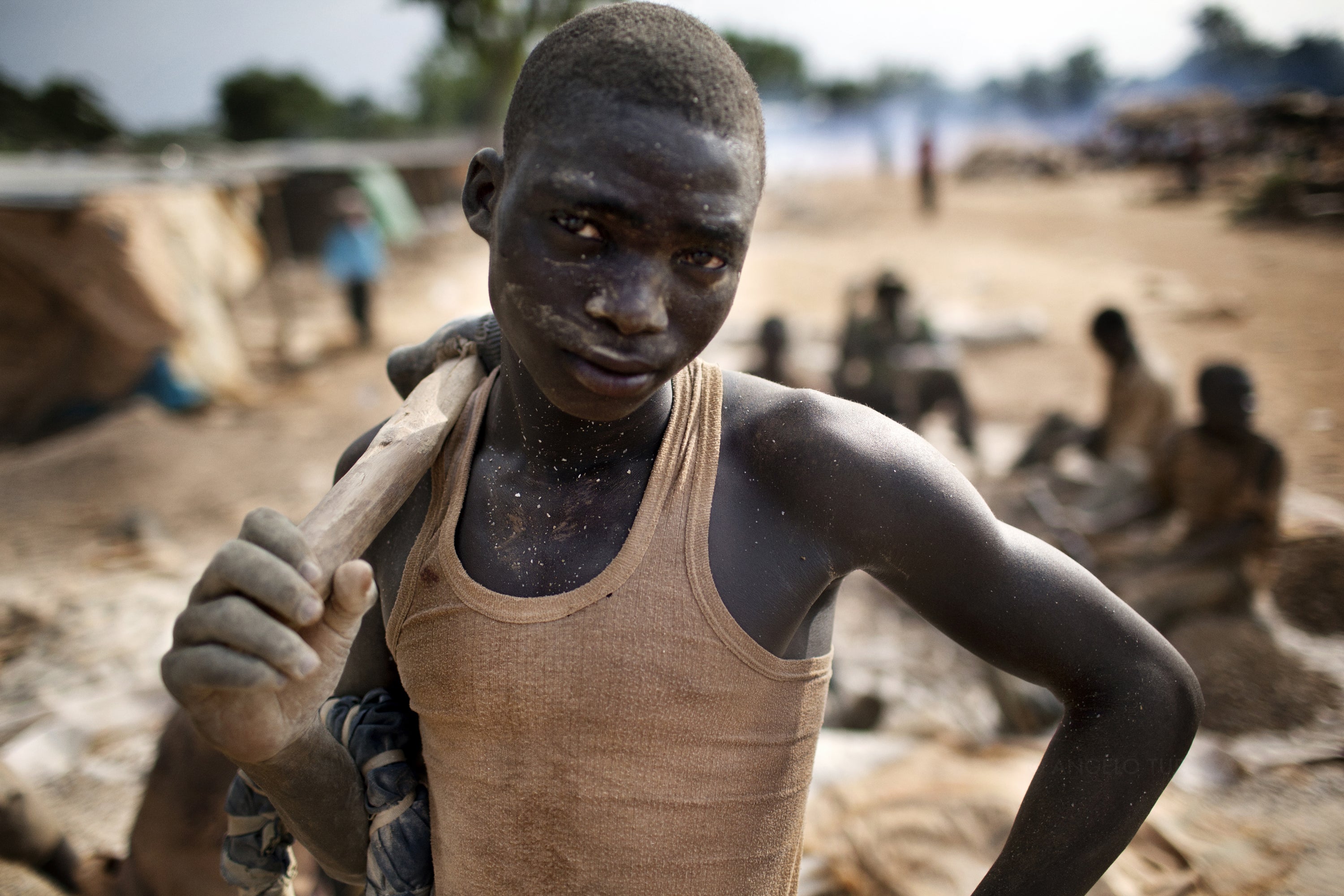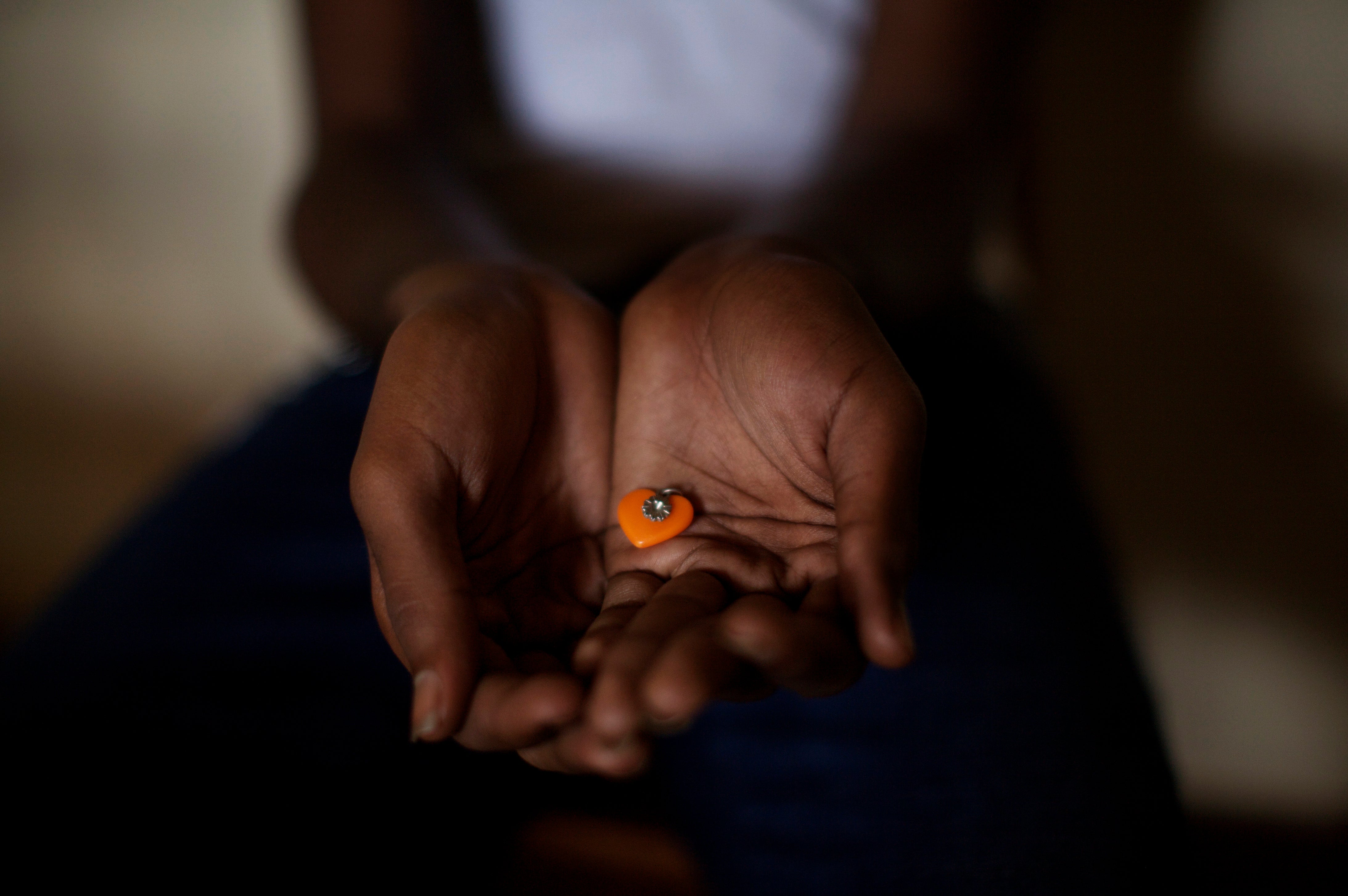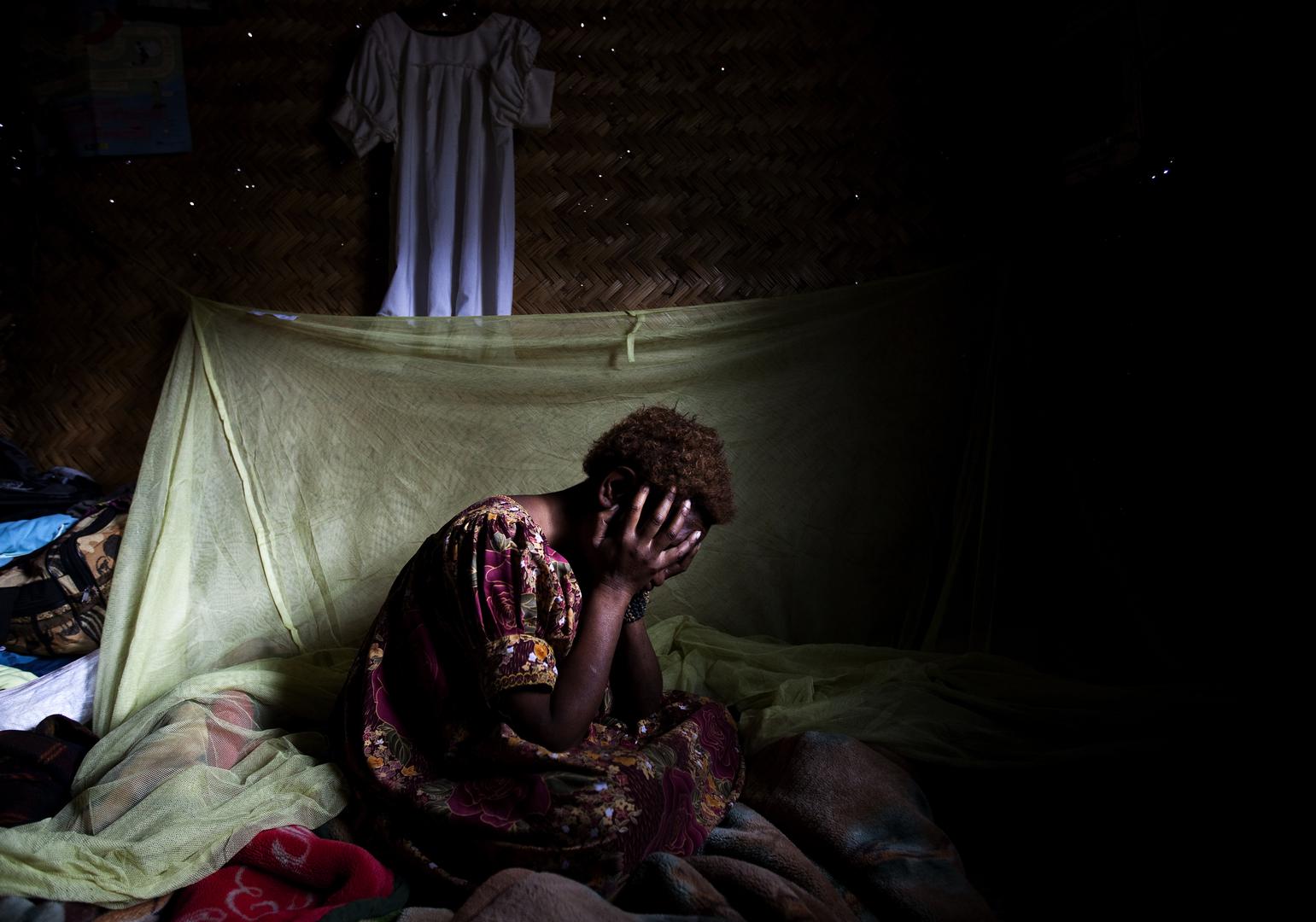New laws adopted in January 2012, and the announcement in 2011 of an end to the 19-year-old state of emergency and of major constitutional and electoral reforms, did little to give Algerians more freedom to associate, form political parties, or express their opinions. Authorities relied on other repressive laws and regulations to stifle dissent and human rights activities, such as the 1991 law governing assembly that requires prior authorization for public demonstrations.
May’s legislative elections gave the country’s governing coalition, the National Liberation Front and the National Rally for Democracy, a majority of seats. Several parties, including a coalition of Islamist parties, accused the government of election fraud. Security forces and armed groups continued to enjoy broad impunity for atrocities committed during the civil war of the 1990s. The state offered compensation to families of persons forcibly disappeared in the 1990s, but provided no answers about their fates.
Freedom of Assembly
Throughout 2012, Algerian authorities continued to heavily restrict freedom of assembly, relying on preemptive techniques including blocking access to sites of planned demonstrations and arrests to prevent public protests even from getting under way, especially when the purpose of the demonstration was considered politically sensitive. For example, on April 20, police arrested 10 activists of the Youth Action Rally (Rassemblement Action Jeunesse, RAJ), a youth movement founded in 1992 around the themes of human rights and democratization, in front of the central post office while they were heading to a meeting with a French journalist, releasing them later the same day.
On April 26, police arrested several activists who were trying to demonstrate in front of the court of Sidi Mohamed in Algiers in solidarity with Abdelkader Kherba, a member of the National Committee to Defend the Rights of the Unemployed (Comité national pour la défense des droits des chômeurs, CNDDC) who had been arrested on April 18 and was on trial for direct incitement to unarmed gathering.
Among the groups most active in attempting to stage public demonstrations are independent professional unions, who sought better pay and work conditions. Authorities often prevented their activities in the capital by a heavy police presence and obtaining court injunctions.
Freedom of Association
The new Association Law, which parliament adopted on January 12, 2012, contains many new provisions that give sweeping powers to the government to control associations. The new law maintains the existing regime of prior approval for associations and gives authorities wide discretionary powers to refuse to grant legal status to new associations without first seeking a court order. They can, for example, reject an association whose purpose or goals are deemed “contrary to public order, public morality, and the provisions of existing laws and regulations.” In addition, they can dissolve associations on broad grounds such as “interfering with the internal affairs of the country,” “harming its sovereignty,” receiving foreign funding without prior authorization, and exercising activities outside of those provided for in their statutes. Involvement in a non-recognized, suspended, or dissolved association can result in imprisonment.
Freedom of Speech
The new law on information eliminated prison sentences for speech offenses committed by journalists, including defaming or showing contempt for the president, state institutions, or courts. However, it raised the level of the fines imposed. It has also broadened restrictions on journalists by requiring respect for vaguely worded objectives and providing for sanctions that can be imposed by a professional ethics board in cases of infringements. Speech offenses continue to pervade the penal code, which provides for up to three years prison sentence for tracts, bulletins, or flyers that “may harm the national interest” and up to one year for defaming or insulting the president of the Republic, the parliament, the army, or state institutions.
The ordinance on the implementation of the Charter for Peace and National Reconciliation, was adopted in February 2006 and offers immunity from prosecution both for security force members and members of armed groups, with certain exceptions, for atrocities they perpetrated during the civil strife of the 1990s. The charter also seeks to muzzle continuing debate and scrutiny of the atrocities committed during that period: it provides for up to five years in prison for anyone who “exploits the wounds of the national tragedy, with a view to harming Algerian institutions, harming the honor of its agents who served it with dignity, or tarnishing the image of Algeria at the international level.” No one is known to have been imprisoned under this provision.
Judicial Harassment
In 2012, authorities charged several human rights activists and union leaders with various crimes for the peaceful exercise of their right to assemble or for voicing their support for strikes or demonstrations. On April 18, authorities arrested CNDDC member Abdelkader Kherba in front of the Sidi Mohamed courthouse in Algiers where he had come to show solidarity with court clerks, who had been on strike for 10 days and were staging a sit-in to demand better working conditions for court personnel. A court convicted Kherba on charges of “direct incitement to an unarmed gathering” and “interfering with the work of an institution” and handed him a one year suspended prison sentence. Kherba was arrested a second time on August 21 and charged with “insulting an official.” He was later acquitted.
Yacine Zaid, trade unionist and president of the Laghouat section of the Algerian League for the Defense of Human Rights (LADDH), and three other union leaders were charged with “inciting an unarmed gathering” under article 100 of the criminal code. The police had arrested them on April 26 while they were holding a sit-in in front the Sidi Mohamed courthouse to denounce the prosecution of Kherba.
Accountability for Past Crimes
Khaled Nezzar, minister of defense from 1992 to 1994, was arrested by Swiss police in October 2011, interrogated, and later released on bail. The Swiss Federal Criminal Court (FCC) commenced investigations against him for war crimes and crimes against humanity for his role in commanding the harsh repression of armed resistance and civil unrest in Algeria during the 1990s. On July 31, 2012, the Swiss FCC rejected his appeal to drop the case. He remains on bail pending the completion of the investigation and the commencement of the trial.
Women
Algeria adopted a new law on January 12, 2012, imposing a 30 percent quota of women on the electoral lists of parties for legislative, municipal, and communal elections. Women won 31 percent of the seats in the parliament elected on May 10. However, the Algerian code of personal status discriminates against women in matters of parental authority, divorce and inheritance.
Terrorism and Counterterrorism
Armed groups staged attacks far less frequently than during the 1990s. However, Al Qaeda in the Islamic Maghreb (AQIM) continued to launch fatal attacks, directed mostly at military and police targets.
After Bouteflika lifted the state of emergency, authorities transferred suspected terrorists who had been in “assigned residence” for several years without any judicial review to official places of detention. However, long delays tainted their trials as the judges refused to summon key witnesses and postponed their hearings repeatedly. In 2012, the trials of Hassan Hattab, Amari Saifi, and Kamel Djermane, three suspected terrorists who were held for several years under secret detention and brought to trial after the lifting of the state of emergency, were postponed several times.
Algeria strengthened its role as a regional player on counterterrorism, for example hosting the inaugural meeting of the Global Counterterrorism Forum, a multilateral group that the US created to broaden counterterrorism discussions beyond the western, industrialized countries.
Key International Actors
François Hollande, the new president of France, issued a statement on October 17, 2012, in which he recognized the responsibility of the French republic in the killing of scores of Algerian protesters in Paris on October 17, 1961.
The European Union, which already has an “association agreement” with Algeria, agreed to provide Algeria with €172 million (approximately US$234 million) in aid between 2011 and 2013. Western countries consider Algeria as a major partner in combating terrorism. With the takeover of northern Mali in April by Islamist radical groups, the US and European countries increased their counter-terrorism cooperation with Algeria.
The UN special rapporteur on torture, the UN Working Groups on Enforced or Involuntary Disappearances (WGEID) and on Arbitrary Detention (WGAD), and the special rapporteur on summary, arbitrary or extrajudicial executions continued to be denied access to Algeria.
UN High Commissioner for Human Rights Navi Pillay visited Algeria on September 18 and 19. She praised growing freedom of expression in the media but expressed concern for the continued clampdown on freedom of assembly and association. During the visit, the government said it would accept WGEID’s long-standing request for a mission.




